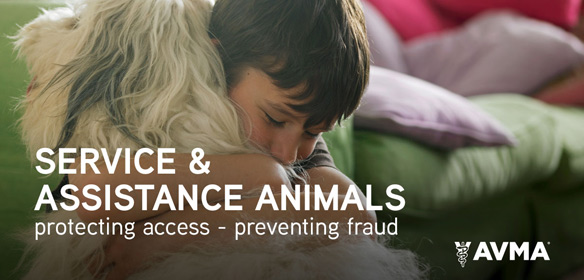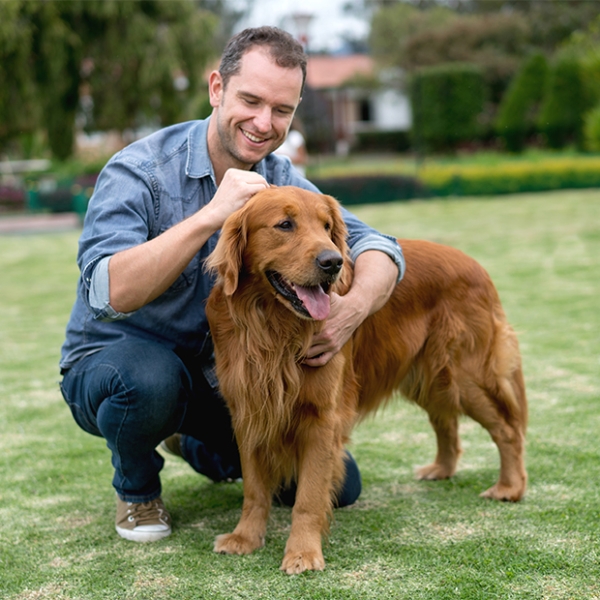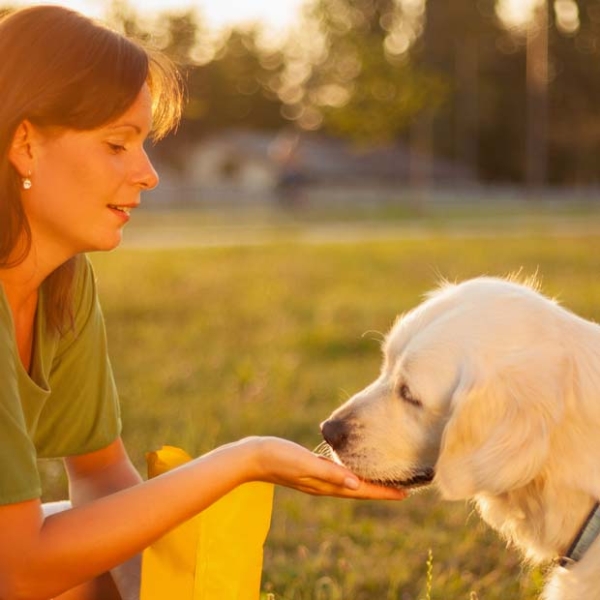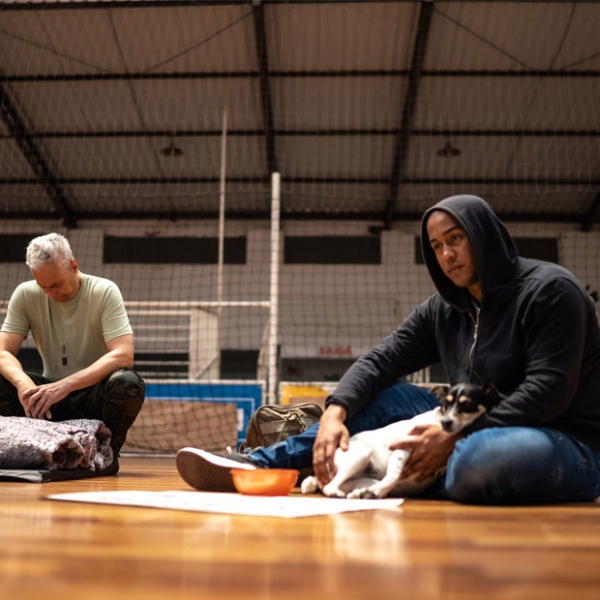AVMA, United Airlines reach agreement on veterinary health form
 Update - March 8, 2018: The revised form has been posted on the United Airlines website.
Update - March 8, 2018: The revised form has been posted on the United Airlines website.
The AVMA, with support from AVMA PLIT, flew into action when United Airlines announced a new policy requiring a veterinary signature vouching for the health, behavior and training of psychiatric service and emotional support animals (ESA) flying with United passengers.
The AVMA reviewed United’s Veterinary Health Form, which the airline said would take effect March 1, and recognized that the information it requested might not position United to make good decisions that would appropriately support the health and welfare of their animal and human passengers. The statements on the form also created potential liability risks for veterinarians attesting to them.
The AVMA reached out immediately to United to voice these concerns and worked collaboratively with the airline on revisions. United officials welcomed the AVMA’s input, and have told us they soon will be posting a new form on their website that reflects alternate language developed collaboratively by the AVMA and AVMA PLIT.
The new form will allow veterinarians to confidently report meaningful information to assist United in making decisions about transporting psychiatric service or emotional support animals on its flights.
Revisions requested by the AVMA included:
- Because an affirmation of health status is requested, which requires the ability to diagnose, AVMA recommended the form be completed and signed only by a licensed veterinarian.
- United had asked the veterinarian to attest to a statement that s/he “is not aware of any reason to believe that this animal would pose a direct threat to the health or safety of others.” AVMA did not believe this statement provided enough information to enable United to determine what such threats might be or how they might best be mitigated. Instead, we recommended that United address disease and behavioral concerns separately. Doing so supports the acquisition of more specific information that will help United make good decisions regarding the risk(s) posed by a particular animal.
- We recommended adding a field indicating the date on which the last physical examination was conducted, as well as an affirmation that there was no evidence of infection or contagious disease, at the time of the examination, that would endanger other animals or public health. Such statements are consistent with those found on other certificates of veterinary inspection.
- A question originally was included that asked the veterinarian to determine which measures could be taken to safely carry the animal in the aircraft cabin. Responses would have required that the veterinarian predict how the animal might react to the (likely) foreign environment of a commercial aircraft, as well as the circumstances of a particular flight. However, the examining veterinarian is not in a position to assess whether an animal is qualified to be a psychiatric service or emotional support animal, whether its presence with the owner on the flight is required, nor how an animal might react when placed in such a foreign environment. Instead, we suggested adding language that would allow the veterinarian to offer additional information, obtained from the owner, regarding certain behaviors (e.g., biting, scratching) and the circumstances surrounding those behaviors, that might assist United in determining whether the animal presents an unacceptable risk for passengers or employees, or whether that risk might be mitigated through actions taken by the owner and/or airline (e.g., muzzling, kenneling, transport in the cargo hold).
We know that our members want to do the right thing for patients and clients, while also being responsive to other service providers who depend on your expert recommendations. We’re pleased that United wanted to collaborate with us on improvements to its veterinary health form.
We will be contacting the nation’s other major air carriers to engage similarly with them to ensure that veterinarians have input into any requirements they might be considering for the transport of these animals. Veterinarians are committed to the patients and clients they serve, and the AVMA is committed to addressing the concerns of our members and supporting your success. Veterinarians are the preeminent experts in animal health, welfare and behavior, and deliver great value in assisting others with animal-related issues.
For veterinarians interested in learning more about the different types of service and support animals, the legal context for their use, and preventing service animal fraud, the AVMA offers a variety of knowledge resources for our members. The AVMA encourages veterinarians to be familiar with the legal status and protections accorded to service, assistance, and therapy animals and their owners, and to discourage inaccurate or misleading descriptions of these animals’ roles.



Comments
Add New Comment